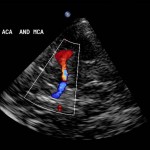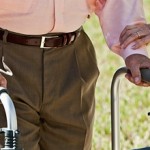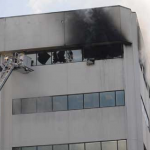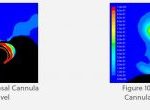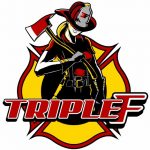This study regarding EMS determining last known normal is set to be published this month in ‘Stroke’.
In the abstract the authors compared the Last Known Normal time of stroke patients as determined by EMS to the Last Known Normal time as determined by a neurologist. In 91% of cases the EMS-determined time was within 15 minutes of the neurologist-determined time. However when looking at types of stroke, EMS struggled with determining the LKN time in wake-up strokes. (A ‘wake-up stroke’ is a phrase referring to strokes which occur overnight and are discovered when the patient or the patient’a family awakens)
The mean difference between the neurologist-determined time and the EMS-determined time was 208 minutes.We reached out to the authors of the study to provide commentary and thoughts as to this result. The principle investigator, Dr. David Curfman of Washington University, graciously provided the following:
“Our paper did not look at the specifics of each EMS interaction, so I can’t really say how/why the EMS providers came to a specific time. We thought possibilities included asking when they noticed the symptoms and not clarifying when the patient was last well or the lack of witnesses to corroborate a time, so they assumed time of onset was when call was placed, but these are just guesses. Overall, it is good that when EMS are unsure of the LKN, they assume the more recent time as it is better to evaluate for tPA than to miss potential tPA eligible patients.Â



